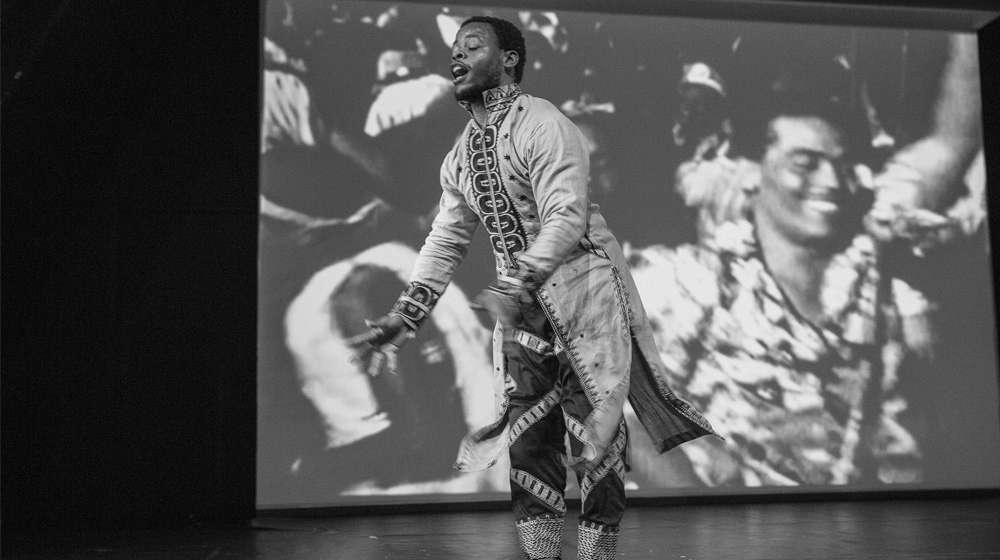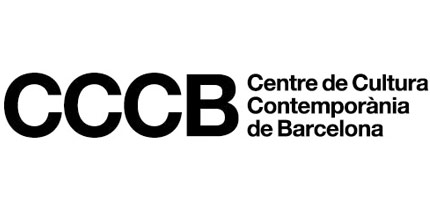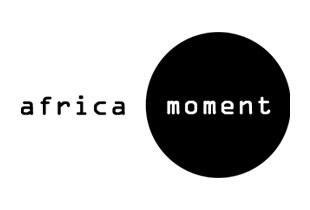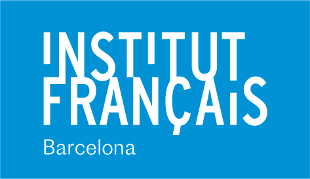Africa: new References in Activism and Creation
Africa’s social and cultural dynamism is reflected in the appearance around the continent of new forces in the creative and activist scenes which are seeking to have an influence in political and social transformation. This creative richness links the diversity of local African realities with global-scale challenges by contributing solutions and proposals that speak to everyone.
How to explore more thoroughly the path to more just and democratic societies? How to learn from the past and look critically at the present? What legacies can help us to transform the future? In these debates, some of the leading figures of the new African social and cultural movements will speak about how they approach these questions and show how answers and solutions that are being put forward in present-day Africa can both inspire and reflect us.
These debates are offered within the framework of the CCCB’s permanent project of making known the cultural richness and diversity of the continent of Africa and its diasporas around the world.
Related contents
Radical Creative Practices
Excerpt from the Performance «Africaman Original» followed by a discussion featuring Qudus Onikeku and Aída Bueno
Qudus Onikeku, one of Nigeria’s most internationally renowned choreographers nowadays, discusess with the anthropologist Aída Bueno the ways in which contemporary creative practices can shape a discourse that questions the hegemony of Western thought and introduces other narratives and life experiences that have been denied and scorned in the colonial legacy.
Stéphanie Bationo, Cheikh Fall, Brock Isaac Muhambya and Thiat
Africa: who Is Leading Social Change?
Some of the continent’s most outstanding activists in Africa speak about how the political situation in their countries has been changing.








